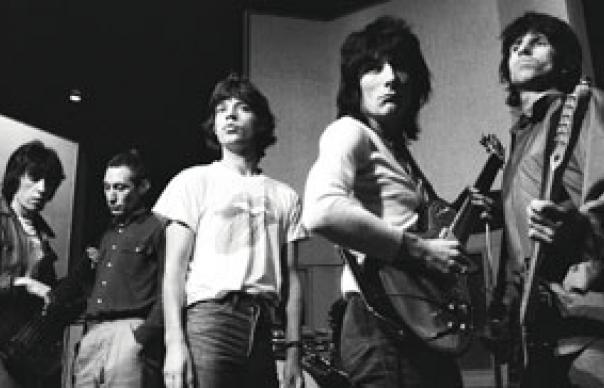I’m increasingly conscious that one of the main criteria for inclusion in this column appears to be a penchant for very long tracks. When writing about The Necks, a questing trio from Australia, it is especially easy to come up with a timetable rather than a review. A typical Necks album tends to consist of one subtly evolving improvisation, played out in a demarcated zone between jazz, minimalism and rock, that lasts for roughly an hour. Piano, drums and double bass manoeuvre around each other, engaged in a very long and intuitive game. Occasionally, the sound is augmented by extra percussion, a guitar, a discreet fizz of electronics. More often, the Necks’ simple and engrossing pieces are punctuated with a fearless use of silence. As soundtracks, they’re perfect for thoughtful, slightly uneasy rides on near-deserted public transport late at night Their latest album, however, is a little different. By normal Necks standards, "Mindset" is a masterpiece of brevity. Instead of containing the usual solitary epic, there are two 21-minute pieces – “Rum Jungle” and “Daylights” – designed to sit on either side of an LP: quaintly, this is their first actual vinyl record in a 25-year career. Plenty of the Necks’ previous albums, like the outstanding "Aether" (2001) and "Mosquito/See Through" (2004), have a spacious calm that verges on the sacred, or at least the usefully meditative. "Mindset", though, begins at a clip, with “Rum Jungle” immediately locking into a claustrophobic and busy groove that emphasises the trio’s unusually urgent mood. In contrast with "Silverwater", the Necks’ last release from 2009, there are no radical shifts or phases in “Rum Jungle”. Rather, it has a constant, looming momentum, propelled by the drummer Tony Buck’s frantic train rhythms and the rolling epiphanies provided by Chris Abrahams on piano. The Necks’ aesthetic always seems very far removed from the psychedelic or cosmic; there’s a measure and rigour to their music, even though it’s all reportedly improvised from scratch. Nevertheless, when Abrahams starts firing out Alice Coltrane-like flurries, the impact is just as transporting. “Daylights” – Side Two, I guess – initially seems to have more air and stealth than “Rum Jungle”; a return to the stately and familiar territory that has made the band something of a live phenomenon these past few years. A third of the way in, though, Abrahams’ diffident piano and the glassy electronic ambience is given new thrust by the arrival of a still-hyperactive Buck. From here, “Daylights” goes into a kind of edgy overdrive, accumulating density as it goes, and somewhat suggesting how an early ‘70s Miles Davis band – minus Miles Davis – might sound if they reconvened to record for the Warp label. Warp artists, of course, have been near to this musical space themselves; not least Tortoise, whose cerebral fusion of jazz with electronica, Krautrock, dub and various other avant-garde stratagems has certain affinities with The Necks. The Necks, though, sound a lot less self-conscious than the average post-rocker, with a looseness and feel that probably stems from a jazz background rather than one in indie or hardcore bands. They have the power to make it up as they go along, and embark on trajectories that feel organic, unforced and free - even when you know the trio must always have an eye on that most restrictive of instruments; the clock. Follow me on Twitter: @JohnRMulvey
I’m increasingly conscious that one of the main criteria for inclusion in this column appears to be a penchant for very long tracks. When writing about The Necks, a questing trio from Australia, it is especially easy to come up with a timetable rather than a review.


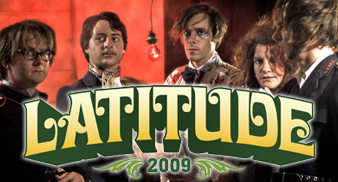

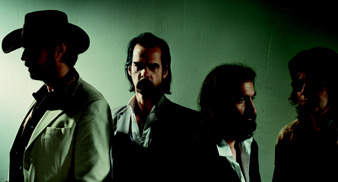

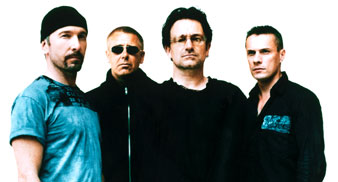
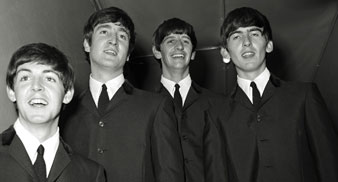
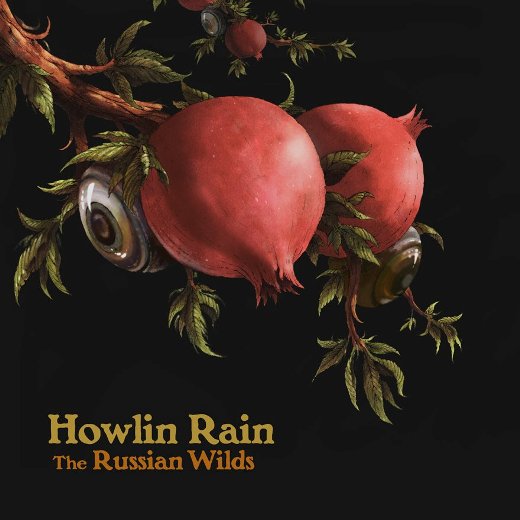



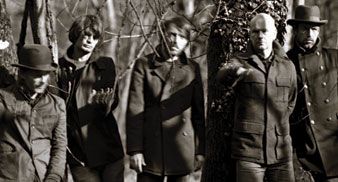
 Radiohead recently made two new tracks available to hear online -'The Daily Mail' and 'Staircase'. The tracks, which were recorded during the studio sessions for the band's latest album 'The King Of Limbs', were posted on the band's official YouTube account. They're also available to buy on music streaming service
Radiohead recently made two new tracks available to hear online -'The Daily Mail' and 'Staircase'. The tracks, which were recorded during the studio sessions for the band's latest album 'The King Of Limbs', were posted on the band's official YouTube account. They're also available to buy on music streaming service 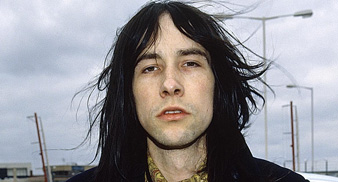
 Last month, [a]Primal Scream[/a] played [url=http://www.nme.com/news/primal-scream/60350]a set voted for entirely by fans[/url] at London‘s Electric Brixton venue (November 10). The show marked one of bassist Mani’s final appearances with the band before he returns to play with The Stone Roses in 2012.
Last month, [a]Primal Scream[/a] played [url=http://www.nme.com/news/primal-scream/60350]a set voted for entirely by fans[/url] at London‘s Electric Brixton venue (November 10). The show marked one of bassist Mani’s final appearances with the band before he returns to play with The Stone Roses in 2012. 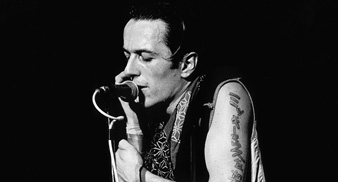
 On
On 

